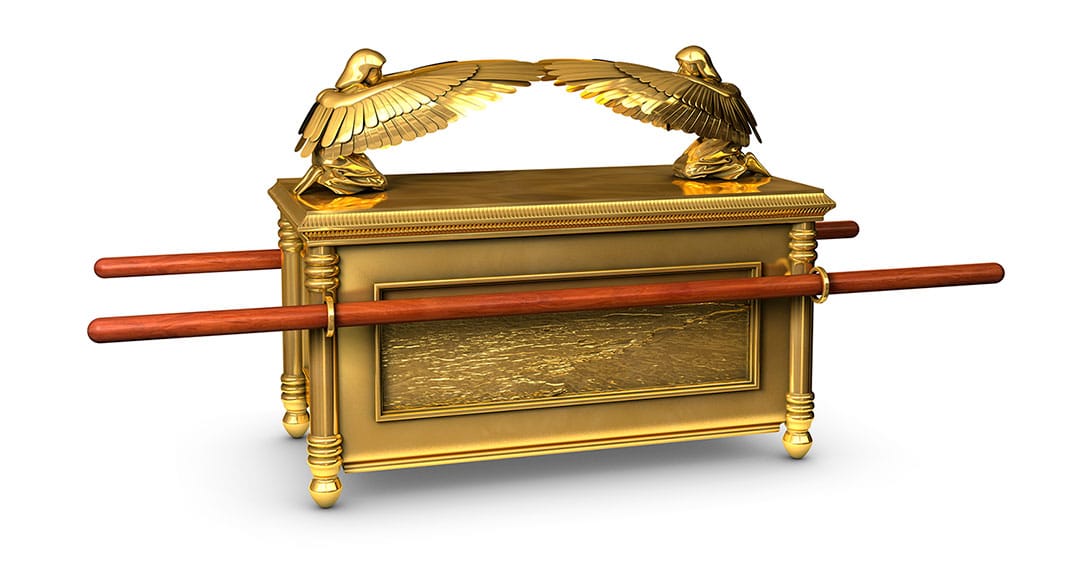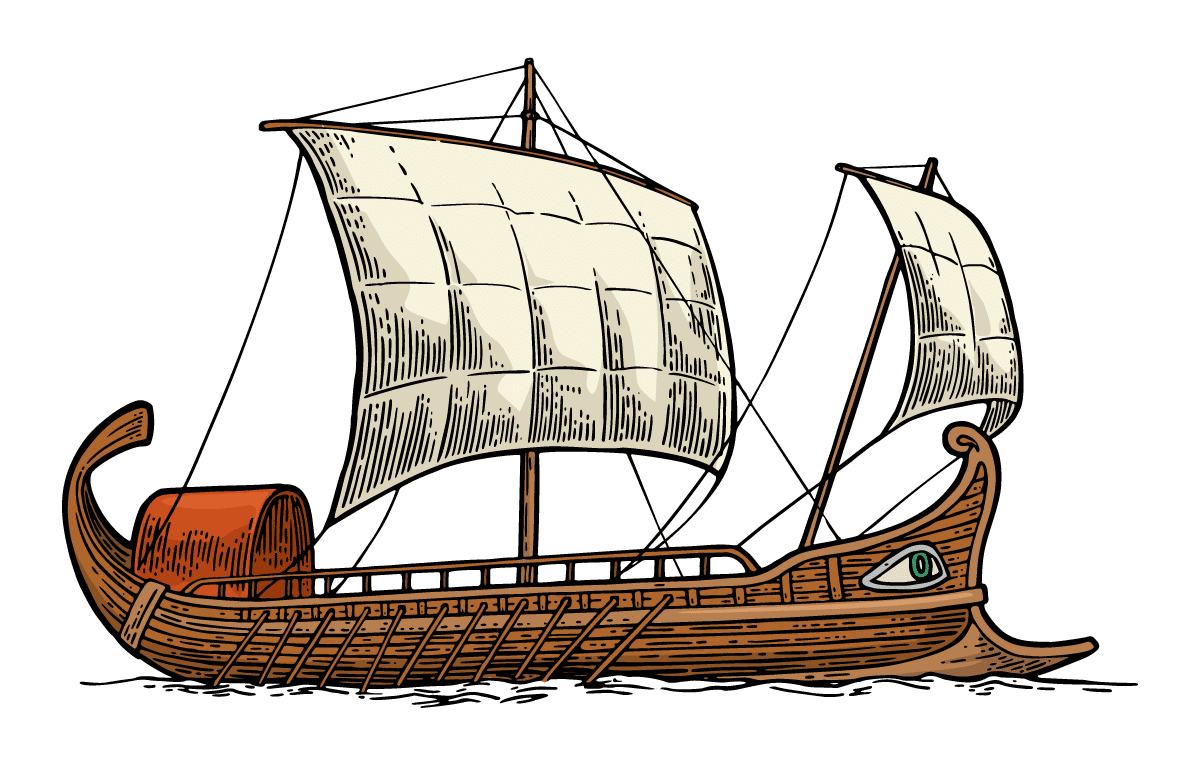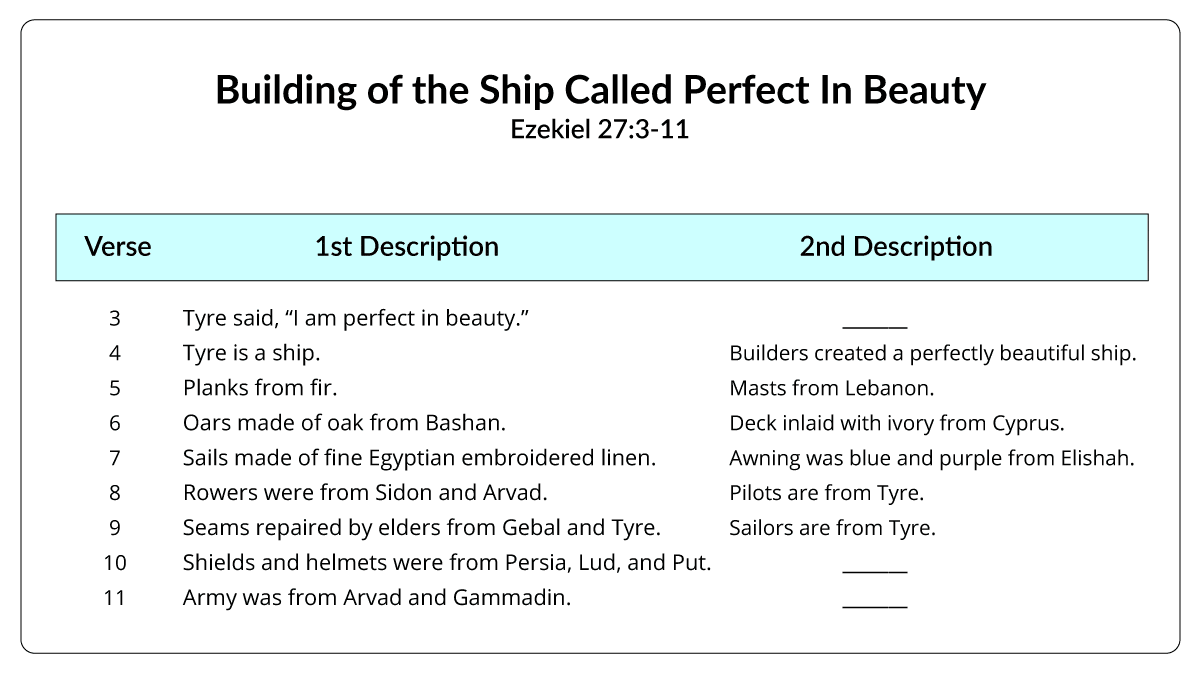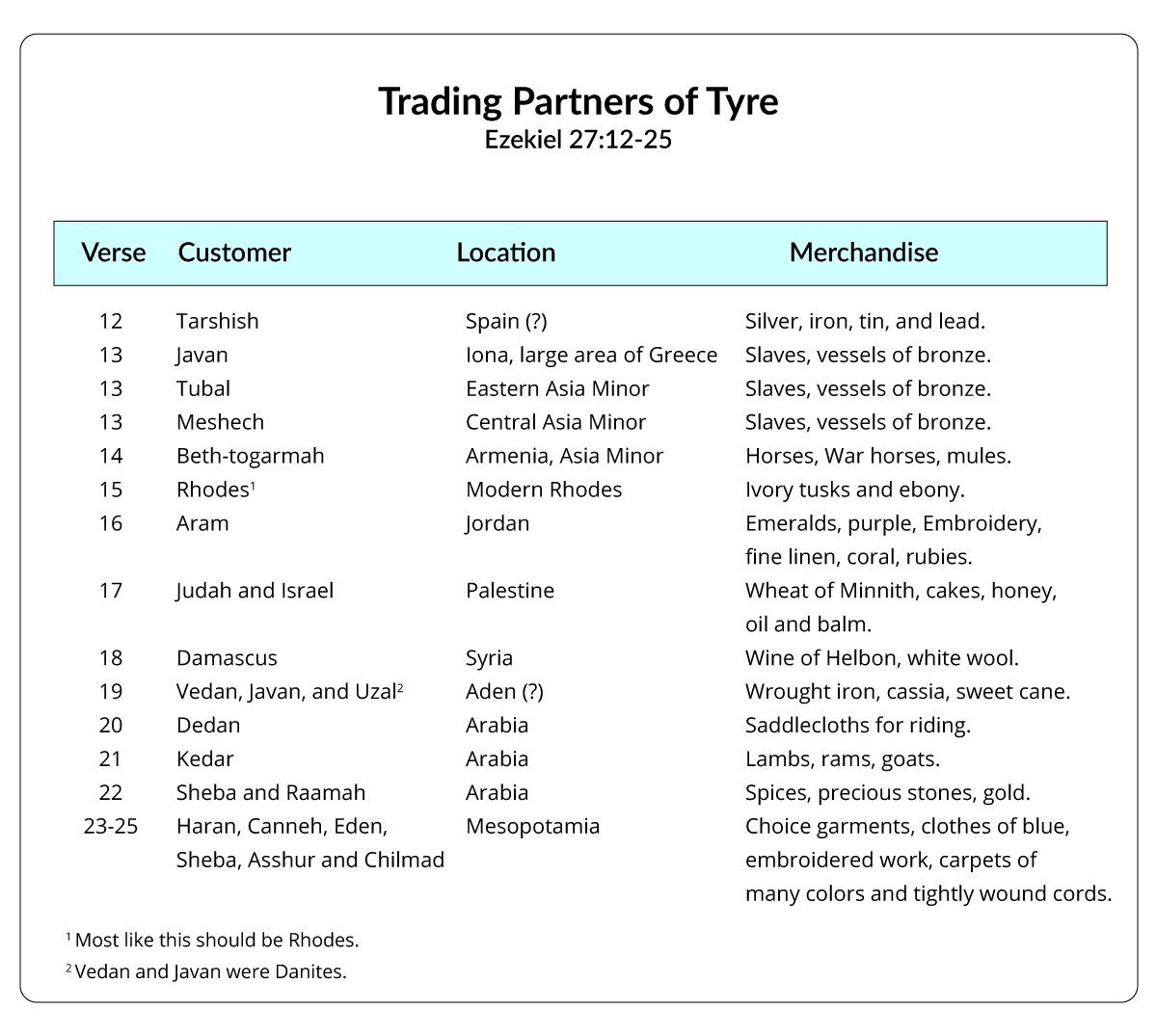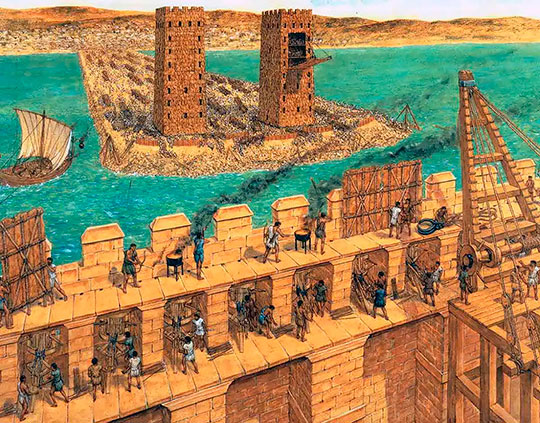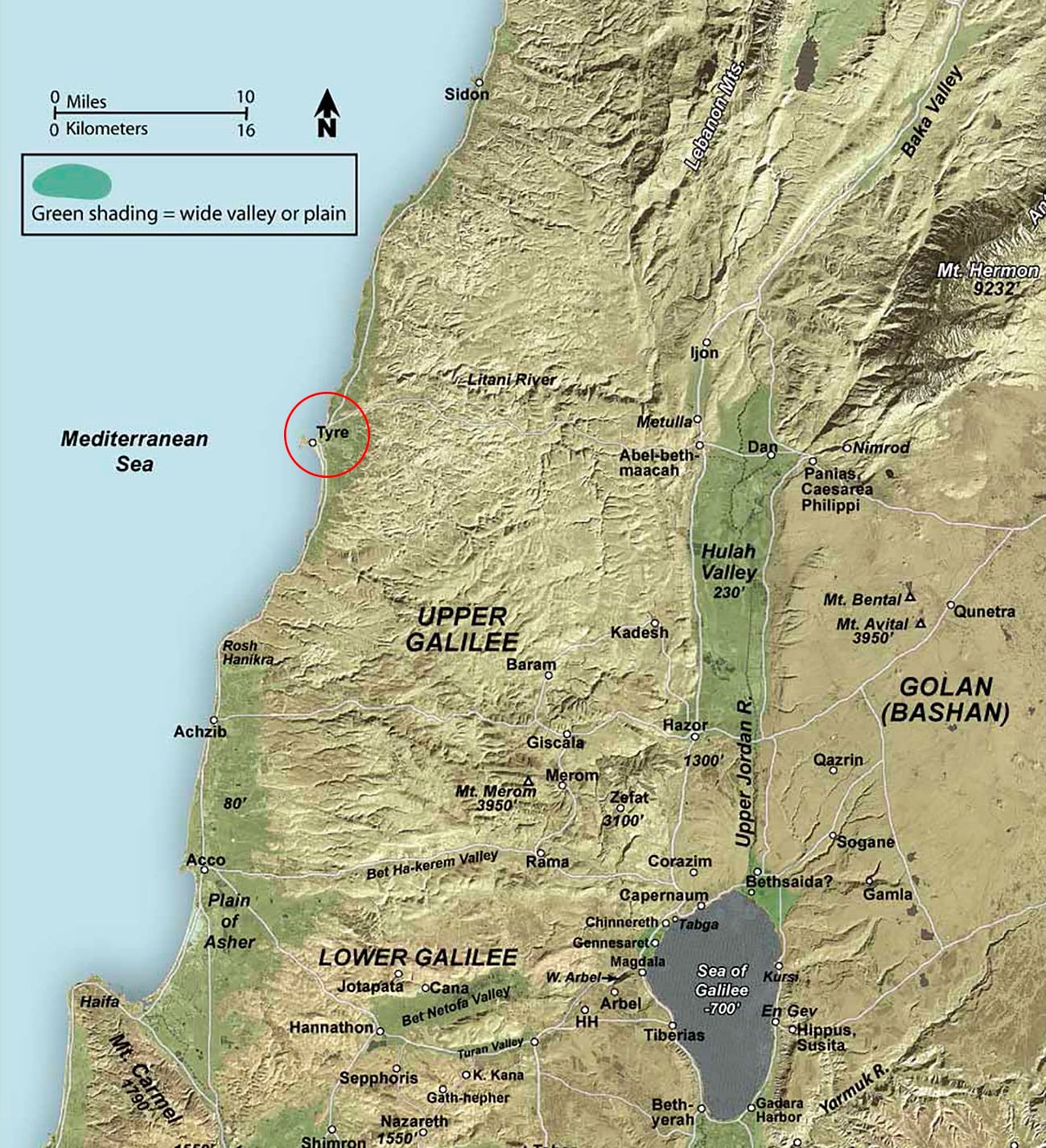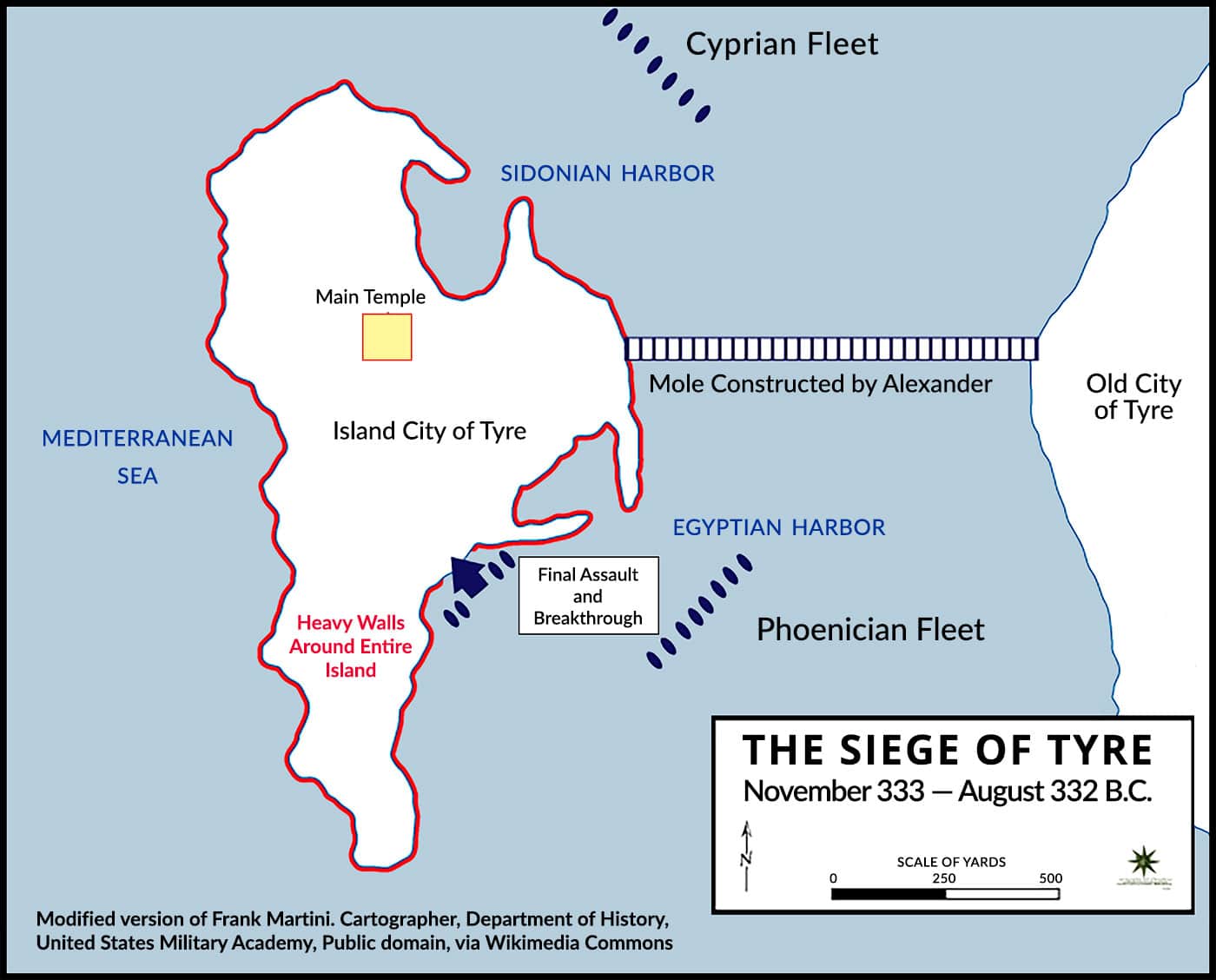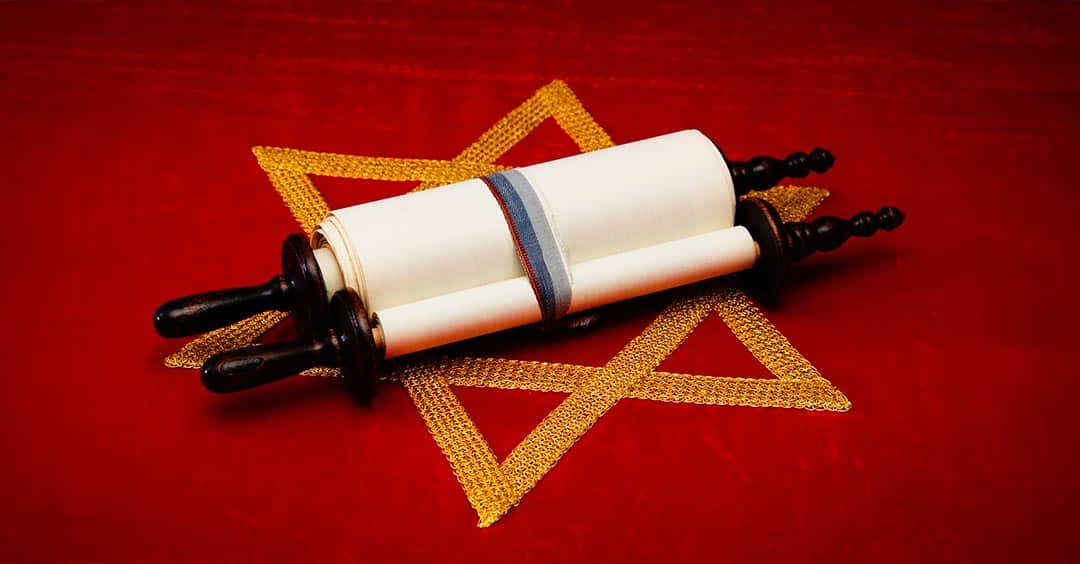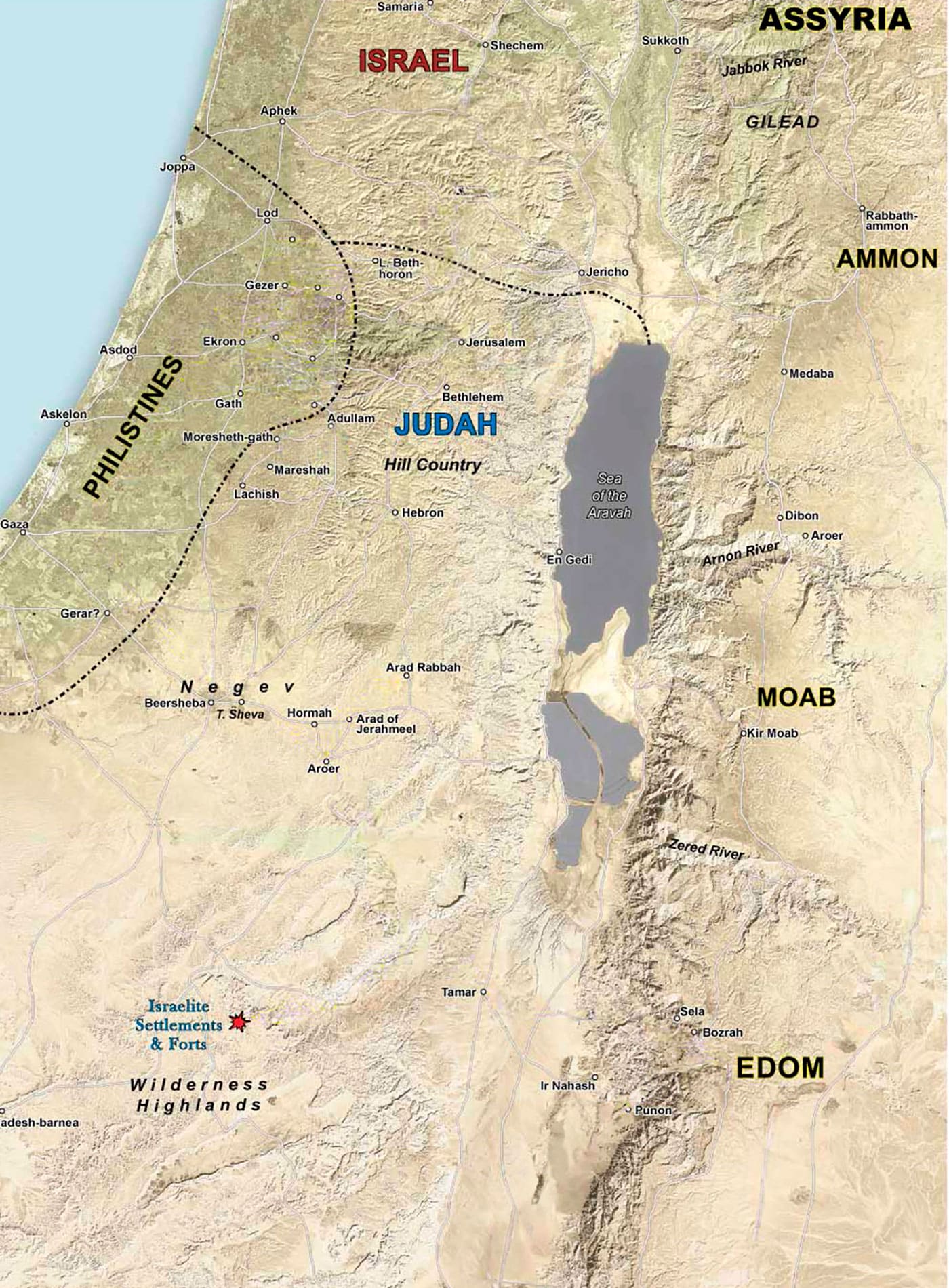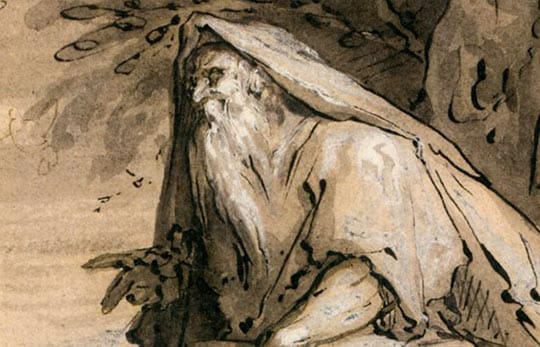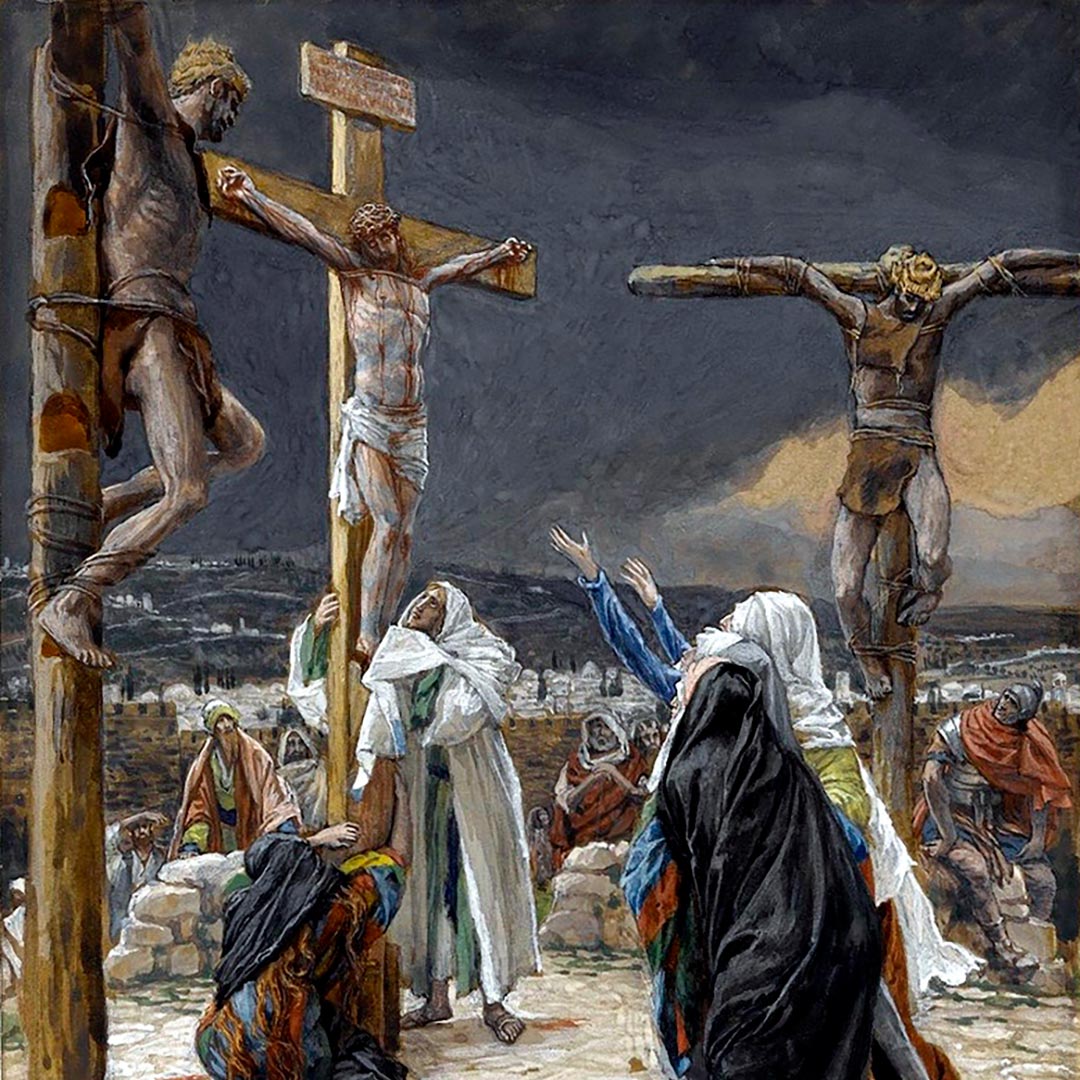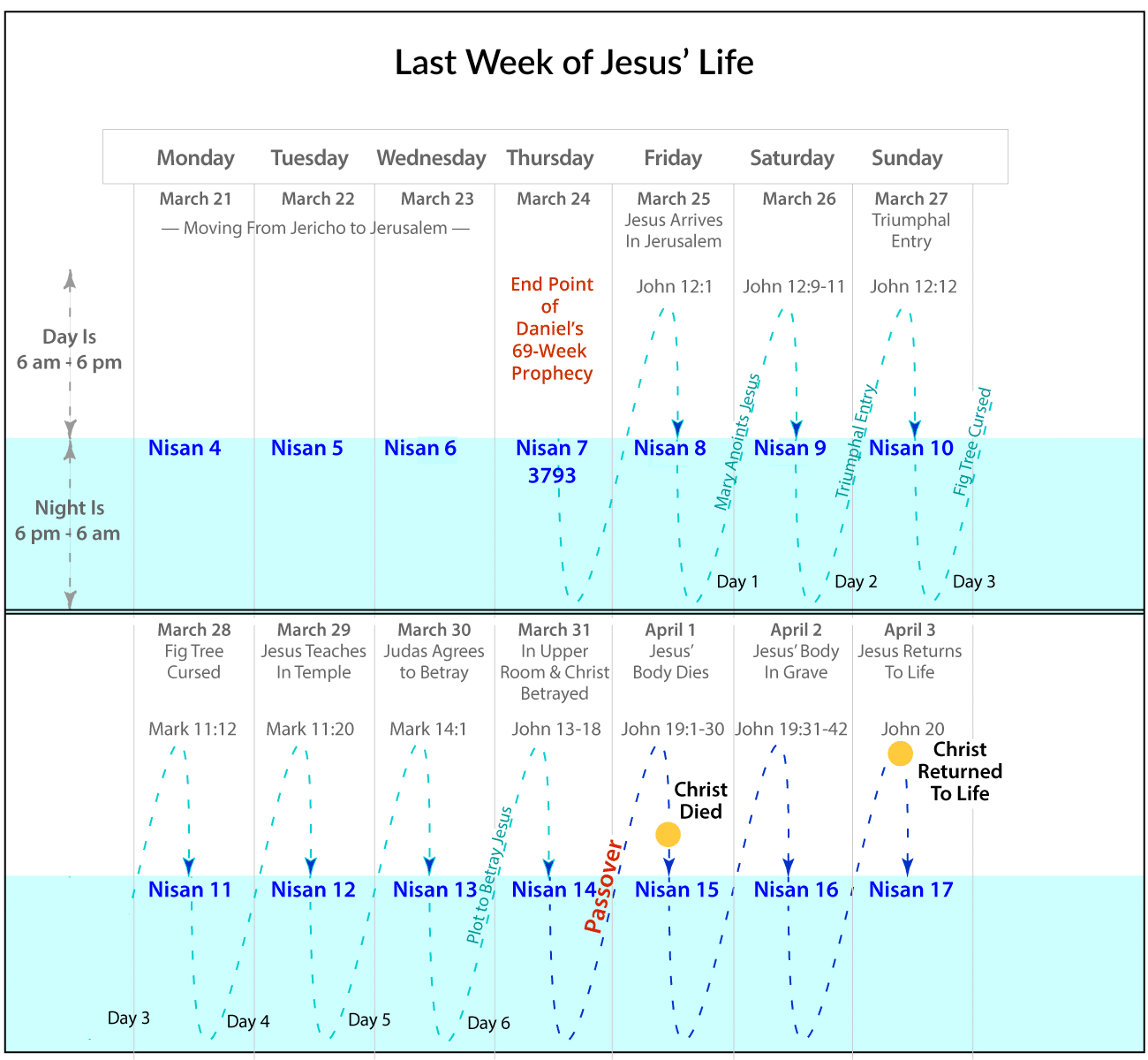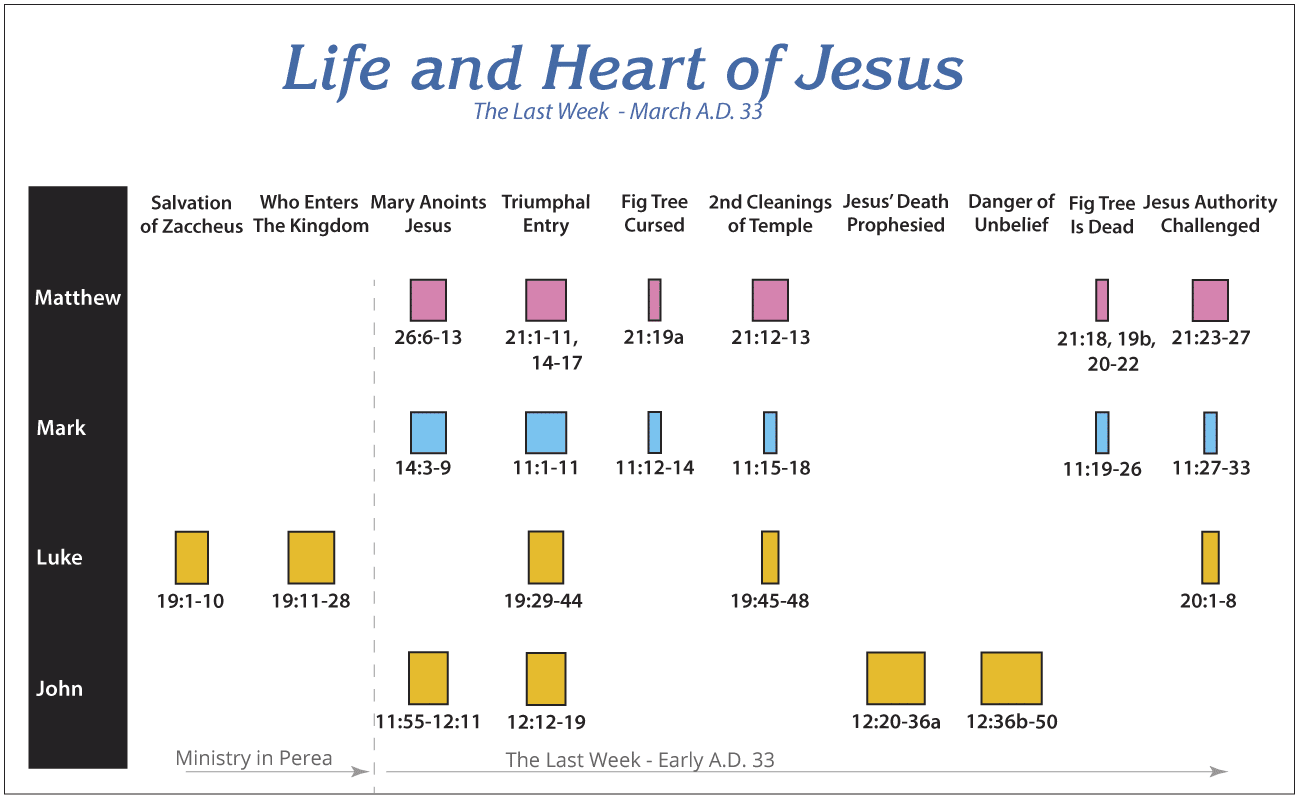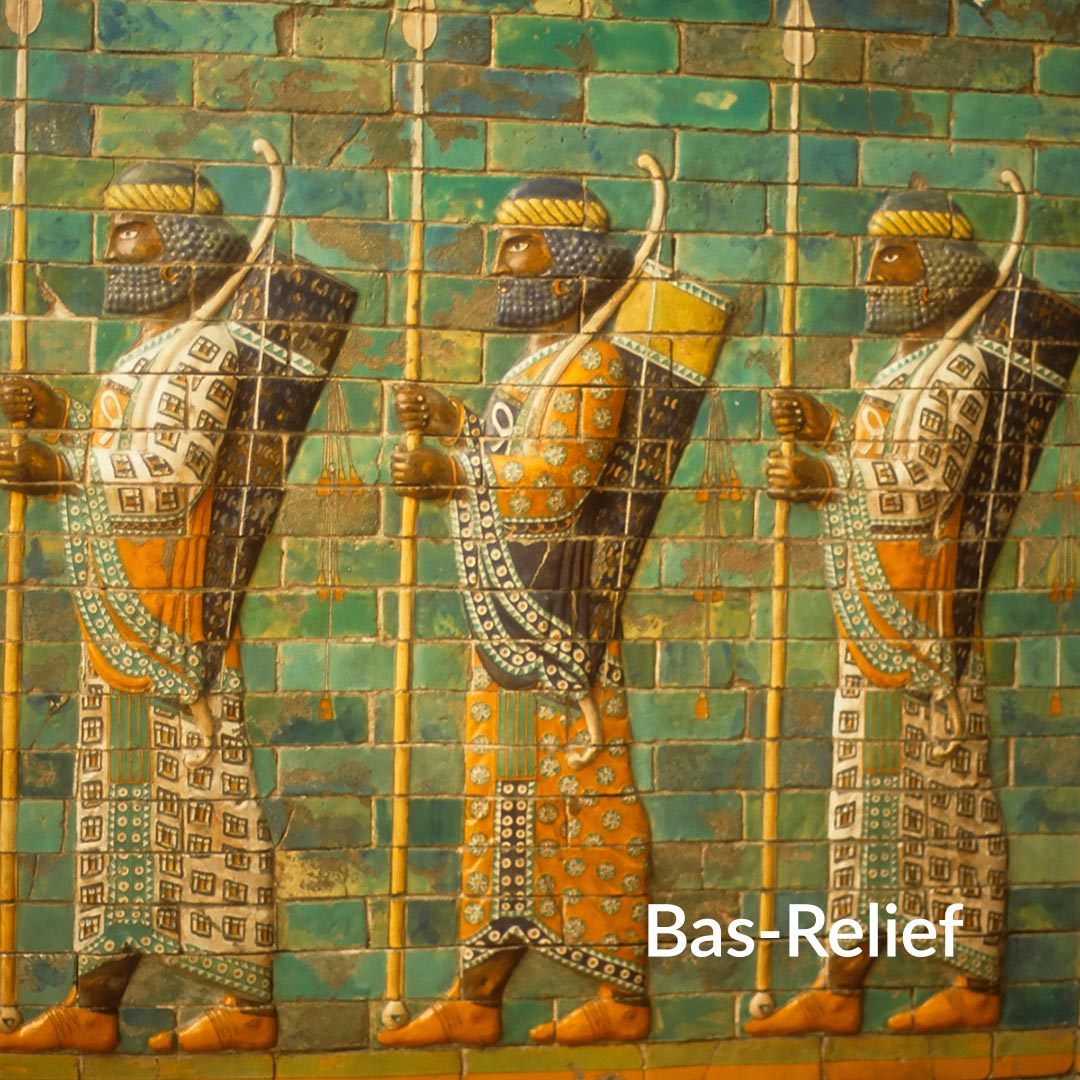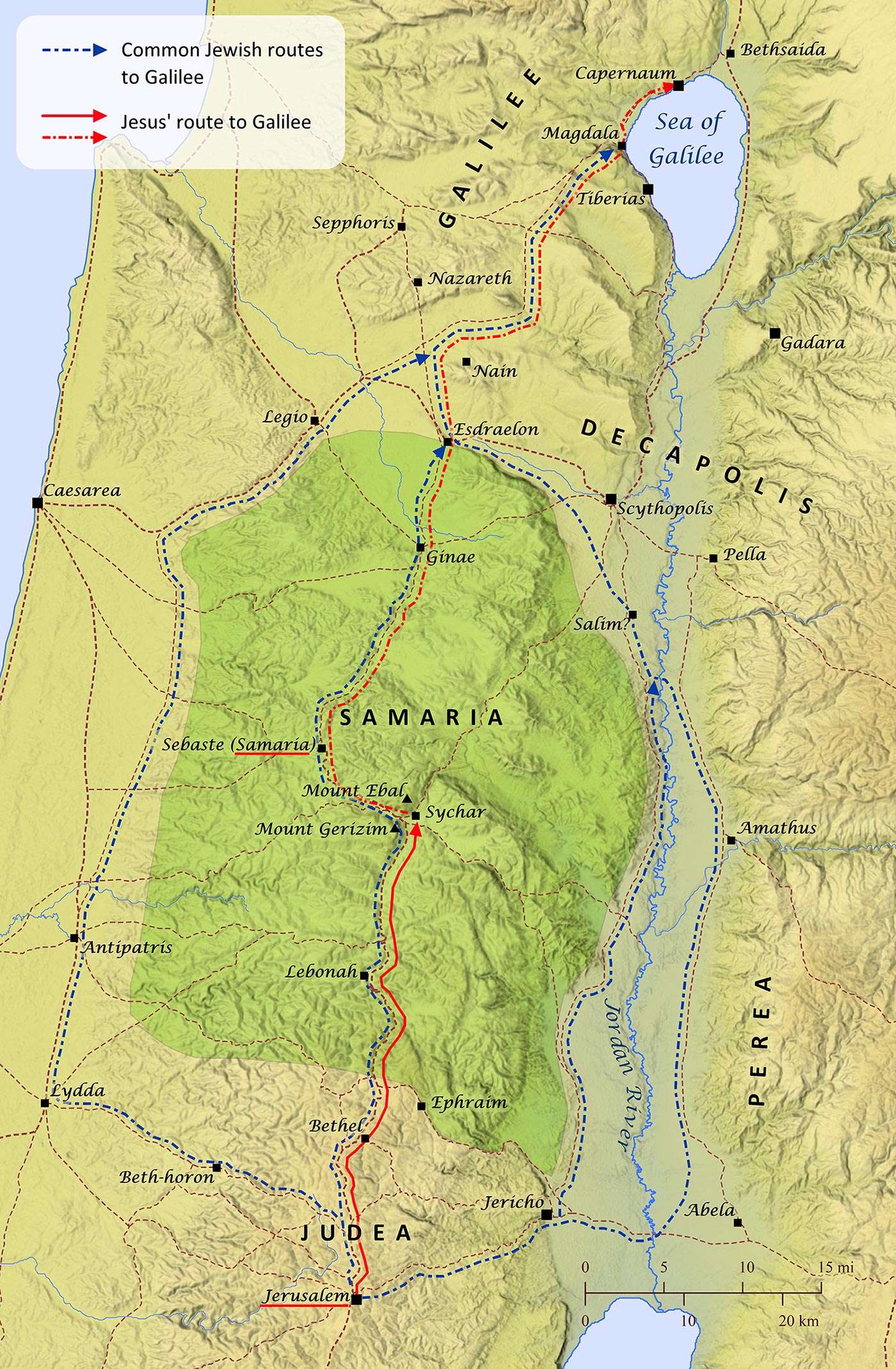The Star — Symbol of the Messiah, King of the Jews

The Star — Symbol of the Messiah, King of the Jews
There is a red and a gold thread that runs through the Christmas account about the birth of Christ. The red thread symbolizes the prophecies about the birth, ministry, death, and resurrection of our Savior and Lord Jesus Christ. The gold thread symbolizes the prophecies about the coming of the Messiah, Jesus Christ, and His reign over His worldwide kingdom. These two threads are woven throughout the Old and New Testaments. Along the gold thread there is a star that keeps appearing. I refer to these stars as the gold stars. This study is about the gold stars.
The Gold Thread — Genesis 49:10
The first time the gold thread appears is in Genesis 49:10. Here is the verse,
The scepter shall not depart from Judah,
Nor the ruler’s staff from between his feet,
Until Shiloh comes,
And to him shall be the obedience of the peoples.
Genesis 49:10 (NASB)
The scepter in the first line of the verse symbolizes a king’s authority, and the “staff from between his feet” implies he will produce many children. But the most important word in the verse is Shiloh. Who is Shiloh? The last line gives us a hint when it says, “to him shall be the obedience of the peoples.” That is, Shiloh will be a ruler over the peoples. Since the prophecy is not specific enough, it could refer to the people of Israel or to all the peoples of the world. Targum Jonathan (2nd century A.D.) interprets Shiloh as referring to the Messiah.[1] Risto Santala states that Rabbi Solomon ben Isaac (RaSHI) the leading Jewish Old Testament and Talmudic exegete of the Middle Ages, said Shiloh referred to the Messiah-King.[2] Christian scholars generally agree that Shiloh refers to the Messiah. This is a gold thread because it refers to the Messiah.
First Gold Star — Numbers 24:17
Numbers 24:17 is the first time a gold star appears along the gold thread. The verse is dated from 1445 – 1405 B.C. It records part of Balaam’s prophecy about Israel. This is an amazing prophecy because Balaam was a false prophet through whom the Holy Spirit spoke. The verse says,
“I see him, but not now;
I behold him, but not near;
A star shall come forth from Jacob,
A scepter shall rise from Israel,
And shall crush through the forehead of Moab,
And tear down all the sons of Sheth.”
Numbers 24:17 (NASB)
The prophecy refers to the Messiah. The gold star is the Messiah. The prophecy states that Balaam did not see Him at the time of the prophecy. The prophecy also said that the Messiah was not near. He was far away. One of the identifying signs of His coming is that He would be a descendant of Jacob. Also, the Messiah would be born in Israel. The Messiah would be victorious in battle and crush Israel’s enemies. This looks forward to the battle of Armageddon at the end of the tribulation. But the most important point is that the Messiah is symbolized as a “star”. The Targum of Onkelos (A.D. 35–120) provides a Jewish translation of the verse from the Hebrew,
I shall see him, but not now; I shall behold him, but he is not near. When a king shall arise from the house of Jacob, and the Messiah be anointed from the house of Israel; he shall slay the princes of Moab, and rule over all the children of men.[3]
Targum Jonathan (2nd century B.C.) agrees with this interpretation of Genesis 49:10.[4] In order to put these ancient quotes in perspective, it is helpful to note that Risto Santala states that both ancient Jewish and Christian exegesis agree that Numbers 24:17 refers to the Messiah.[5] The last line of the Jewish translation reveals that the Jewish translator believed the Messiah would reign over the entire world. So, both Genesis 49:10 and Numbers 24:17 are important prophecies about the Messiah since they reveal that the Messiah would be from Israel and be a descendant of Jacob. The gold thread now has a gold star.
Gold Thread Continues — Micah 5:2
In 735-710 B.C. the gold thread is visible again in Micah 5:2. It says,
But as for you, Bethlehem Ephrathah,
Too little to be among the clans of Judah,
From you One will go forth for Me to be ruler in Israel.
His goings forth are from long ago,
From the days of eternity.
Micah 5:2 (NASB)
Now we are told the Messiah will be born in Bethlehem Ephrathah. Now we are given the city in which the Messiah would be born. He would be born in a very small town about five miles south of Jerusalem. He will be a ruler of Israel, and He will be from eternity past. Each Old Testament passage that we have read is about a ruler who would rule Israel. This one is no different. Now we are told His kingdom will last forever. That means He will live forever. Additionally, He will be from antiquity, from eternity past. Only God can be from eternity past. So, this is another prophecy about the Messiah. He will be deity in the human flesh.
So, how did the ancient rabbis interpret Micah 5:2? Risto Santala quotes Rabbi David Qimhi (RaDaK)) about the meaning of Micah 5:2. But before he did, Mr. Santala added that the sages claimed without Rabbi Qimhi “. . . there is no correct biblical exegesis.” Then he quotes the rabbi’s interpretation,
“It will be said in the Messianic age that his ‘origins are from old, from ancient times’, ‘from Bethlehem’ means that he will be of the house of David, because there is a long period of time between David and the Messiah-King; and he is El (God), which is how he is ‘from old, from ancient times’.”[6]
This is a remarkable statement from Rabbi David Qimhi. The rabbi said the Messiah-King would be God.
Targum Jonathan stated in Micah 5:2 (5.1 in his text),
As for you, Bethlehem Ephrath, you were too little to be numbered among the tribes of the house of Judah. From you before me the Messiah will go out to be a servant, a servant of rulership over Israel, whose name has been spoken from the beginning, from days of antiquity.[7]
The Targum Palestine also interprets Micah 5:2 as referring to the Messiah.[8] The translation indicates that Micah 5:2 was about the Messiah.
Gold Thread Continues — Isaiah 7:14 and 9:6
About thirty years later in 700-681 B.C., two more significant passages were written. They were Isaiah 7:14 and Isaiah 9:6-7. They belong to the gold thread about the Messiah. Isaiah 7:14 says,
Therefore the Lord Himself will give you a sign: Behold, a virgin will be with child and bear a son, and she will call His name Immanuel. Isaiah 7:14 (NASB)
Isaiah 9:6 says,
For a child will be born to us, a son will be given to us;
And the government will rest on His shoulders;
And His name will be called Wonderful Counselor, Mighty God,
Eternal Father, Prince of Peace.
There will be no end to the increase of His government or of peace,
On the throne of David and over his kingdom,
To establish it and to uphold it with justice and righteousness
From then on and forevermore.
The zeal of the LORD of hosts will accomplish this.
Isaiah 9:6-7 (NASB)
When we read both passages, we must remember Genesis 49:10 and Numbers 24:17 which indicate the Messiah would be from Israel and would rule. This passage echoes the same message. Just as Micah 5:2 revealed the Messiah would be born as a human, Isaiah 7:14 adds that He would be virgin born. Both verses teach the Messiah would be God Himself. He would be called Immanuel, that is God with us, and His name would be “Wonderful Counselor, Mighty God, Eternal Father, Prince of Peace.”
Another reason we know the Messiah would be God is that the Messiah-King will reign forever. Only God has existed in eternity past. Risto Santala states,
The Messianic nature of the book of Isaiah is so clear that the oldest Jewish sources, the Targum, Midrash and Talmud speak of the Messiah in connection with 62 separate verses.[9]
Isaiah 7:14 and 9:6 are two of those passages.
Second Gold Star — Malachi 4:2
Malachi 4:1 gave Israel a promise in 433-424 B.C. One day God, Himself, would come. Verse 1 says His coming would be like a burning furnace and He would kill the wicked. Then in verse 2, the Israelites were given a promise. Verse 2 introduces the second gold star when it refers to the sun.
But for you who fear My name, the sun of righteousness will rise with healing in its wings; and you will go forth and skip about like calves from the stall. You will tread down the wicked, for they will be ashes under the soles of your feet on the day which I am preparing,” says the LORD of hosts. Malachi 4:2 (NASB)
God promises those who believe in Him that when He comes there will be healing in his wings. The healing will be broad and extensive because it includes the forgiveness of sins and physical healing during the millennial kingdom. The Messiah is pictured as a sun of righteousness. We could say He is symbolized as a star of righteousness since the sun is a star. The Messiah would forgive sins and provide physical healing.
Gold Thread Continues — Luke 1:26-35
We see the gold thread once again Luke 1:26-35. The events recorded in Luke 1:26-35 occurred after four hundred years of silence. We say silence because there were no prophecies from about 400 B.C. to the birth of Christ in 3-2 B.C. Then an angel by the name of Gabriel broke the silence when he was sent from heaven. Finally, God spoke from heaven to a virgin named Mary. It is wonderful to realize that when God broke the silence, He spoke to a young woman. He did it for a reason. For Galatians 4:4-5 says,
But when the fullness of the time came, God sent forth His Son, born of a woman, born under the Law, so that He might redeem those who were under the Law, that we might receive the adoption as sons. Galatians 4:4-5 (NASB)
This occurred in the fullness of time. The point is that God had a plan. When the time came, the Son of God, took on human flesh and blood and became a man (Romans 2:3-4; Philippians 2:6-8; Hebrews 2:14-15). The prophecies in Micah and Isaiah about His birth were fulfilled.
So, Luke 1:26 tells us what happened when the angel Gabriel appeared to Mary. Here is Luke 1:26-33,
Now in the sixth month the angel Gabriel was sent from God to a city in Galilee called Nazareth, to a virgin engaged to a man whose name was Joseph, of the descendants of David; and the virgin’s name was Mary. And coming in, he said to her, “Greetings, favored one! The Lord is with you.” But she was very perplexed at this statement, and kept pondering what kind of salutation this was. The angel said to her, “Do not be afraid, Mary; for you have found favor with God. “And behold, you will conceive in your womb and bear a son, and you shall name Him Jesus. “He will be great and will be called the Son of the Most High; and the Lord God will give Him the throne of His father David; and He will reign over the house of Jacob forever, and His kingdom will have no end.” Luke 1:26-33 (NASB)
The message was that Mary was going to give birth to a child. His name would be Jesus. He would be great and reign as king on the throne of David. He would reign over Jacob forever and ever. His kingdom would never end. That alone reveals He is God. The gospel of Matthew said that Jesus was the Messiah four times and the gospel of John said it twice. They read the Old Testament prophecies that we have read. They could see the ancient prophecies about the Messiah were fulfilled in Jesus Christ.
Third Gold Star — Luke 1:78-79
The third gold star is found in Luke 1:78-79 (3-2 B.C.). John the Baptist’s father, Zacharias is giving a prophecy about Jesus Christ. He said,
Because of the tender mercy of our God,
With which the Sunrise from on high will visit us,
TO SHINE UPON THOSE WHO SIT IN DARKNESS AND THE SHADOW OF DEATH,
To guide our feet into the way of peace.”
Luke 1:78-79 (NASB)
It is clear that the word “Sunrise” refers to God for it says the Sunrise is in heaven. He quoted Isaiah 9:2, a prophecy that promises that the people in darkness would see a great light. Then, as we have already discovered, Isaiah 9:6 referred to the Messiah. So, this is the third gold star on the gold thread. The Messiah is the Sunrise who will bring light.
Fourth Gold Star — Matthew 2:1-12
The fourth gold star is found in Matthew 2:1-12 (1 B.C. — A.D. 1) when the magi or wise men from the east came searching for the Messiah-King. Matthew 2:1-2 says,
Now after Jesus was born in Bethlehem of Judea in the days of Herod the king, magi from the east arrived in Jerusalem, saying, Where is He who has been born King of the Jews? For we saw His star in the east and have come to worship Him.” Matthew 2:1-2 (NASB)
We are told some magi from the east were trying to locate the King of the Jews. They said they had been following “His star.” This statement reveals they had some knowledge of the “gold stars on the gold thread.” Some wonder how they knew about the Messiah. The answer is that many Jews never left the ancient city of Babylon after the seventy years of captivity. They remained behind. In addition, we can be confident that Daniel had taught some of the magi about the Messiah. Daniel may have quoted Genesis 49:10 and Numbers 24:17. So the magi most likely knew about the star.
Then when Christ was born, God gave them an unusual star among the stars. If they had read Daniel 9:24-26, they would have known the approximate date of the Messiah’s birth. Machan tells us in his book titled The Virgin Birth of Christ that the historian Suetonius[10] and Cornelius Tacticus[11] report that throughout the East there was an expectation of powerful world rulers that would come from Judea.[12] So, we should not be surprised they followed a star searching for the Messiah.
Matthew 2:1-3 tells us that when the star was no longer visible, they stopped in Jerusalem and asked where the King of the Jews, the Messiah, was to be born. The amazing answer given by the chief priests and scribes was that He was to be born in Bethlehem. Now that agrees with the interpretation of Malachi 5:2 by the ancient rabbis.
So, the magi started traveling to Bethlehem to find the Messiah and verse 7 says the star reappeared. Ernest L. Martin wrote a book titled, “The Star That Astonished The World.” In it he claims the explanation is that the star was actually a conjunction of the stars. As a result, he tries to explain how the star stopped and then started moving again. Then he tried to explain how the star could lead the magi from Jerusalem to Bethlehem, a city only five miles away (v.9-10). Verse 11 implies the star led them to the house in which Jesus was living with His parents. Unfortunately, astronomy cannot explain how one star can lead anyone from one place to another place. Why? Because seamen have had to use an instrument called a marine sextant, using multiple stars and nautical charts, to travel from one location to another. Positions obtained from celestial navigation have made marks in history. This is how Magellan discovered the Philippines and Columbus reached the New World.”[13] A single star is not like a laser pointer.
The point is God put an extremely unusual star among the normal stars to capture the attention of these magi. He caused the star to go dim so the magi would go to Jerusalem so that Herod and the religious leaders would know about the Messiah’s birth. Then God allowed the magi to see the star again. The Greek text of verse 9 says,
After hearing the king, they went their way; and the star, which they had seen in the east, went on before them until it came and stood over the place where the Child was. Matthew 2:9 (NASB)
The Greek word for “went on before” is proago. It literally means “to go before.” It is in the imperfect tense which means the star was repeatedly leading them. Why not? The answer is the star symbolized the Messiah. It brought king-makers to worship the Messiah-King. The star guided these Messiah seekers.
Fifth Gold Star — 2 Peter 1:19
The fifth gold star is found in 2 Peter 1:19 (A.D. 67-68). This was written about A.D. 67-68. It says.
So we have the prophetic word made more sure, to which you do well to pay attention as to a lamp shining in a dark place, until the day dawns and the morning star arises in your hearts. 2 Peter 1:19 (NASB)
“The morning star arises in your hearts” refers to the second coming of Christ. John MacArthur states,
Morning star (phosphoros), which literally means “light bringer,” was the name for the planet Venus, which precedes the morning sun in the sky, and is used here for Christ, whose coming inaugurates the promised millennial kingdom and the establishment of His kingdom. Scripture in several places refers to Christ as a star (Num. 24: 17; Rev. 2:28; 22:16; cf. Matt. 2:2). Peter adds the fact that the star arises in believers’ hearts. Christ will return in a blaze of physically visible, all-encompassing light that will affect everyone for blessing or cursing and change the millennial earth ([2 Peter] 3:10-13), eventually destroying the universe and replacing it with the new heavens and new earth (Rev. 20:11; 21:1).[14]
So 2 Peter 1:19 uses the symbol for the Messiah to encourage believers. Peter reminds us that Christ, the Messiah, will rule the world.
Sixth Gold Star — Revelation 22:16
The last and sixth gold star is in Revelation 22:16 (A.D. 94-96) . Jesus is speaking in this verse,
I, Jesus, have sent My angel to testify to you these things for the churches. I am the root and the descendant of David, the bright morning star.” Revelation 22:16 (NASB)
This passage is very clear. Jesus is the root of David. He is the Messiah. Then He used the symbol for the Messiah when He said, “The bright morning star.”
Conclusion
It is wonderful that God used a star six times in Scripture to capture our attention and give us prophecies about the Messiah. In Genesis the star introduces us to the Messiah. We can imagine that not only did the prophets search the Scriptures to learn more about the meaning of the stars, but we know the magi from the east wanted to learn more. So, they came searching for the Messiah (Matthew 2:1-2).
Since we know the prophet Daniel had the book of Jeremiah with him in Babylon (Daniel 9:1-2), it is possible they knew about Jeremiah 29:13-14.
“You will seek Me and find Me when you search for Me with all your heart. I will be found by you,” declares the LORD . . . Jeremiah 29:13-14 (NASB)
I believe the magi had searched for the Messiah-King in the pages of the Old Testament. When God gave them this extraordinary star they followed it believing they would find the Messiah. It is possible that God told them that if they followed the star, they would find the Messiah because God had told them to not return to Jerusalem (Matthew 2:12). This reveals that God was guiding the magi. Why? Because God said that if they would search for Him with all their heart, He would let them find Him. That is, God would help them find Him. God helped the Ethiopian eunuch (Acts 8:26-40), and the God-fearing Cornelius (Acts 10:1-23). The magi are one more example! All these men found the Messiah, who is Jesus Christ. In Revelation 22:16 we hear Jesus Christ tell us that He is the morning star. He is our Savior and Messiah-King.
The “gold stars along the gold thread” symbolize Jesus our Savior and King. Just as they sought Him, we should continue seeking Him. As we do, God has promised that He will let us find Him. Unbelievers can find God and believers can learn even more! This is great Christmas news!
Download PDF
The Star — Symbol of the Messiah, King of the Jews – pdf
References:
1. Genesis 49. Sefarai. (www.sefaria.org/Targum_Jonathan_on_Genesis.49.1?lang=bi).
2. Risto Santala. The Messiah In the Old Testament. Karen Ahvah Meshihit. Jerusalem. 1992. p. 52-53.
3. B. Blayney, Thomas Scott, and R.A. Torrey with John Canne, Browne, The Treasury of Scripture Knowledge, vol. 1 (London: Samuel Bagster and Sons, n.d.), 112.
4. Numbers 49:10. Sefaria. (www.sefaria.org/Targum_Jonathan_on_Numbers.24.18?lang=bi)
5. Ibid., pp. 73-74.
6. Ibid. p. 115.
7. Jonathan Micah 5:1 Intertextual.Bible (intertextual.bible/text/micah-5.1-jonathan-micah-5.1).
8. HaDavar Messianic Ministries. (www.hadavar.org/critical-issues/anti-missionary-arguments/tampering-with-the-text/micah-52/)
9. Ibid. pp, 164-165.
10. Gaius Suetonius. Tranquillua. De Vita Caesarum–Divus Vespasianus. iv.
11. Cornelius Tacticus. The History. 5.13.
12. J. Gresham Machen. The Virgin Birth of Christ. Baker Book House. 1974. p. 223.
13. Gibi. From Stars to Satellites – The Different Types of Marine Navigation. Seamen Memories. Nov 24, 2023 (www.seamanmemories.com/types-marine-navigation/).
14. John MacArthur. 2 Peter & Jude. The MacArthur New Testament. Moody Publishers. 2005. p. 64.



